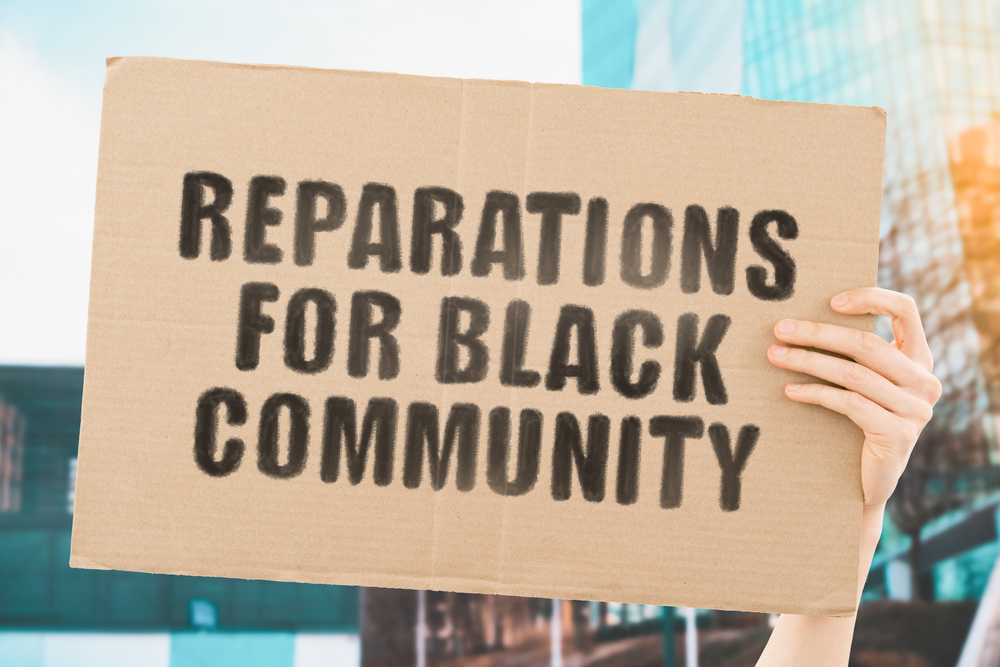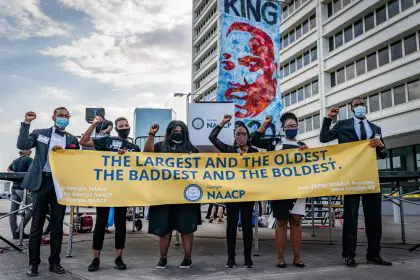The practice of eminent domain has sparked renewed calls for reparations for Black Americans, aiming to address historical injustices perpetrated by state and federal governments.
In Coloma, California, a small town with a rich history tied to the Gold Rush, Black families are actively seeking restitution for land they believe was unjustly taken from their ancestors. This land was appropriated to establish the Marshall Gold Discovery State Historic Park, which opened in 1942. The park’s creation involved the use of eminent domain, a legal mechanism that has often been exploited to displace marginalized communities.
According to CBS News, the California State Park Department acknowledges that some Black landowners were dispossessed to create the park. Among those affected is the family of Nelson Bell, a formerly enslaved man from Virginia who settled in the area. After Bell’s death in 1869, a judge ruled that his estate could be auctioned off due to the absence of heirs in California, leading to the loss of his property.
Elmer Fonza, a descendant of Bell, expressed his belief that his family deserves rightful ownership of the land. Another family, the Burgess family, also claims descent from Bell and emphasizes the need for compensation if the land cannot be returned.
The challenges faced by these families highlight the complexities of proving lineage, especially for Black families whose histories have been obscured by systemic oppression and the legacy of slavery. California lawmakers are currently deliberating on reparations proposals, including the establishment of the California American Freedmen Affairs Agency to assist Black residents in tracing their family histories.
Additionally, legislation is being considered that would provide compensation or the return of property to Black Californians who lost land through racially discriminatory practices. This movement for reparations is not just about land; it represents a broader fight against the historical erasure of Black wealth and opportunity. The ongoing struggle for reparations is a crucial step toward acknowledging and rectifying the injustices faced by Black Americans throughout history.
















